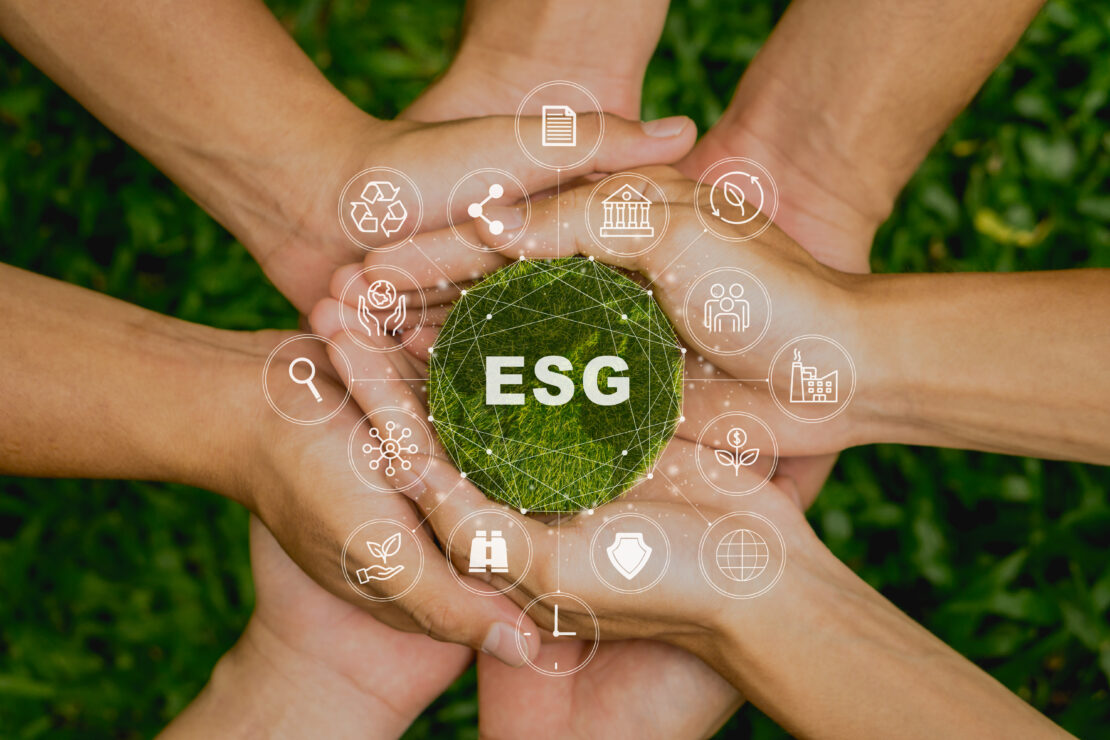
In this blog, we delve into how care homes can adopt sustainable procurement strategies to enhance efficiency, reduce environmental impact, and improve resident satisfaction.
Sustainable procurement in senior living involves the integration of environmental, social, and economic factors into purchasing decisions. This approach ensures that the goods and services acquired support long-term ecological balance, social well-being, and economic viability.
By adopting sustainable procurement practices, care and senior living facilities can significantly reduce their environmental footprint, improve the quality of life for residents, and foster positive relationships with the broader community.
Green Purchasing Policies and Their Impact
Green purchasing policies focus on acquiring produce, products and services that have a reduced impact on the environment and these policies often include criteria such as energy efficiency, recyclability, waste, and minimal harmful emissions.
Implementing green purchasing policies can lead to cost savings through reduced waste disposal fees, lower energy consumption, and improved operational efficiencies. Additionally, these policies can enhance the care home’s reputation as a responsible and forward-thinking organisation.

Technology and Sustainability: Integrating Smart Solutions
The integration of smart technologies can play a pivotal role in achieving sustainability goals. For example, automated energy management systems can optimise heating, cooling, and lighting, thus reducing energy consumption and costs.
Moreover, technology can facilitate better inventory management, reducing food waste and ensuring that resources are used efficiently, like our Freshmarkets and CaterCloud solutions. Digital platforms can also enhance communication and coordination among staff, leading to more streamlined and sustainable operations.

Future Trends in Sustainable Procurement for Care and Senior Living
The future of sustainable procurement in senior living is likely to see increased adoption of renewable energy sources. Additionally, there will be a growing emphasis on sourcing locally produced goods to minimize transportation-related emissions and support local economies.
Advancements in technology will continue to drive sustainability, with innovations such as smart grids, energy-efficient appliances, and advanced recycling systems becoming more prevalent. As awareness and demand for sustainability grow, senior living facilities will need to stay ahead of these trends to remain competitive and socially responsible.
If you’re looking to revolutionise your procurement, we can help! For further information please contact Paul Linwood: paullinwood@ef-group.co.uk or call on 07702 568374.


